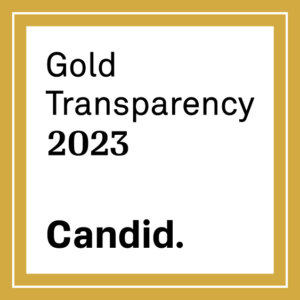For many patients, mitochondrialRelated to the mitochondria. disease is an inherited genetic condition. Mutationsgenetic variant, genetic change can also be spontaneous as well as be induced.
A patient may be found to have a de novo variant, or new mutation, meaning that the mutation arose in this patient early in development and was not passed down from a parent or previous generations.
An uncertain percentage of patients acquire symptoms due to other factors, including mitochondrial toxins.
It is important to determine which type of mitochondrial disease inheritanceThe way a genetic condition is passed down in a family. is present in order to pre- dict the risk of recurrence for future children. The types of mitochondrial disease inheritance include:
Nuclear DNA (nDNA) inheritance:
- nDNA is contained in the nucleus of the cell. This type of inheritance is also called, “autosomal inheritance.”
- If the gene trait is recessive, often no family members appear to be affected. Two recessive mutations, one from each parent, are needed to express the disease. If parents both share the same recessive gene for a particular type of mitochondrial disease, 25% of children will get both mutated genes and have the disease, 25% will get no mutated genes and be healthy, and 50% will get a single mutation and be considered a “carrierA person who has one copy of a genetic change. For many conditions, carriers do not show symptoms of a condition or their symptoms are less severe..” Carriers, like their parents, present healthy but could pass the mutation to their offspring.
- If the gene trait is dominantA gene from either parent which can express a disease., the disease may occur in other family members. There is a 50 percent chance of the trait occurring in other siblings/ offspring.
- Mitochondrial DNA (mtDNA) inheritance is contained in the mitochondria of the cell. There is a 100 percent chance of the trait occurring in other siblings because all of the mitochondria are inherited from the mother. Symptoms may be more or less severe due to heteroplasmyApplies to variants in mitochondrial DNA. Homoplasmy is the presence of only one variant, in a given mitochondrial gene, in an individual. Heteroplasmy is the presence in an individual of two more var. Higher rates of heteroplasmy are typically associated with more severe disease.
Combination of mtDNA and nDNA defects:
- The relationship between nDNA and mtDNA and their correlation in mitochondrial formation is a new area of study. It is believed that MtDNA and nDNA communicate with each other. Researchers think that such interactions may regulate the expression of particular sets of genes. This communication may explain how mitochondria are involved in cellular processes not related to energy generation, such as cell growth and death.
Random occurrences
- Diseases specifically from deletions of large parts of the mtDNA molecule are usually sporadic without affecting other family members.
- Medicines or other toxic substances can trigger mitochondrial disease.










